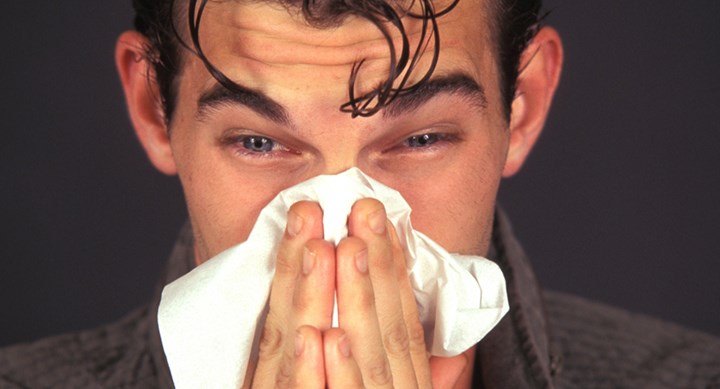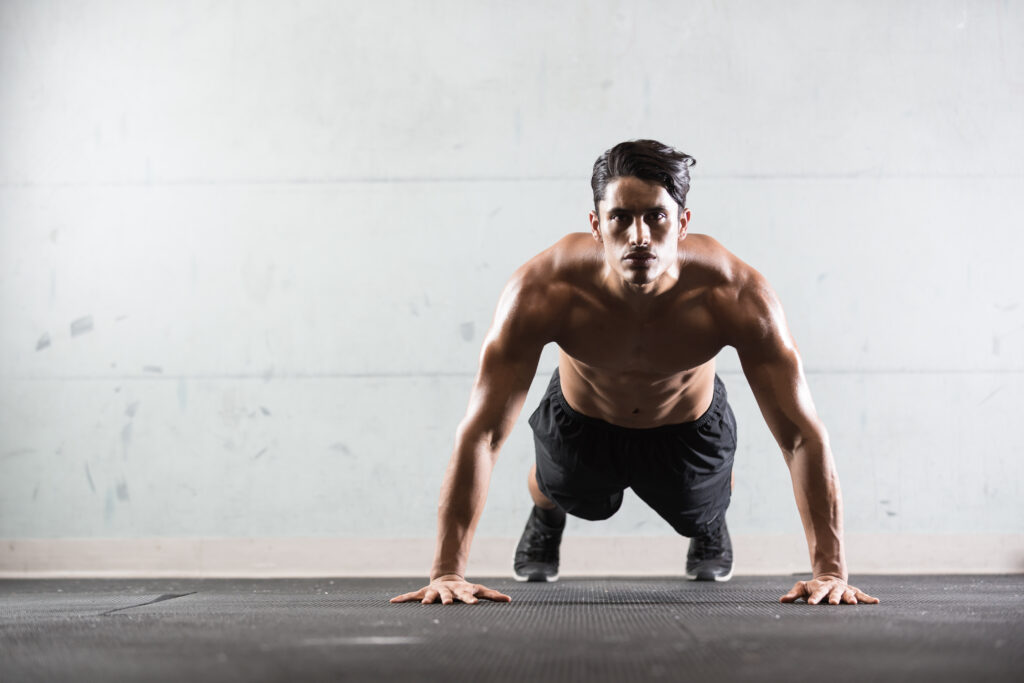
If you’ve been exercising these last couple of months – whether at the gym or outdoors – and have found yourself regularly short on breath, you aren’t alone. It’s just that time of year.
Between the months of September and November, hay fever sufferers – approximately one in eight Australians, or 3 million people – buckle down and prepare themselves for 90 days of habitual sneezing, runny noses and itchy eyes.
Allergies are caused by your immune system mistaking a substance as harmful and releasing histamines to destroy the substance. The substance that gets attacked is called an allergen, such as pollen and dust.
And when the temperature rises – yep, you guessed it – so does the pollen count. If you choose to exercise on a scorching hot day, shortness of breath is likely to occur.
While avoiding the allergens that cause your shortness of breath altogether would be the most ideal option, obviously this is not always possible. If you’re prone to allergies, avoid physical activity outdoors if pollen or air pollution is high.
If you’ve been taking your allergy medication and staying inside during high-pollen days but you’re still experiencing allergic reactions? We don’t mean to alarm you, but the pollen is attacking you from the inside.
A common misconception about hay fever is that it only hits you when you’re outside. The truth is pollution can at times be much worse inside your house, but you just can’t see it.
Your move? You can either spend hours running around disinfecting every room, or you can buy an air purifier. We recommend the Dyson purifier range to safeguard your sinuses as it automatically captures 99.95% of fine particles such as allergens and pollutants.
While you might think the air inside your house is clean, it can contain bacteria and mould, industrial and auto emissions, odours and domestic fumes and pet dander. All of these, along with the largely increased pollen count, is enough to drive your allergies insane.














